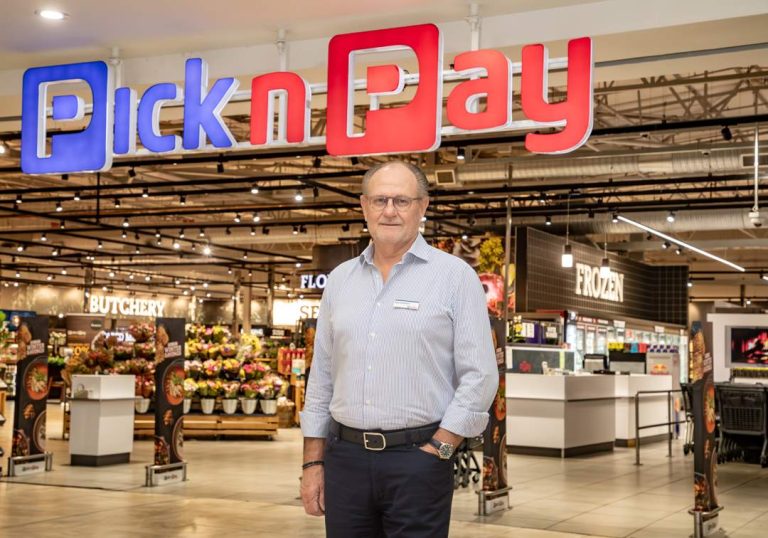The founding Ackerman family has further loosened its longstanding hold on Pick n Pay, offloading an 8.5% stake in the supermarket chain through a swift accelerated bookbuild process that generated roughly R1.6 billion. This move, executed on 17 November 2025, involved the disposal of 64 million ordinary shares priced at R25.50 apiece—a figure that reflected a 6.4% discount to the previous day’s closing price, as reported by Reuters.
Proceeds from the transaction are earmarked for repaying third-party financing the family secured to back the retailer’s ambitious restructuring and recapitalisation drive in 2024, covering associated fees and interest over 16 months. In a related development, the sale prompts the cancellation of 105 million linked “B” shares, which had amplified voting power but will now be nullified, effectively diminishing the family’s sway over strategic decisions.
Consequently, the Ackermans’ voting influence in Pick n Pay has tumbled from 49% to 36.8%, while their economic exposure has contracted from 26.7% to 18.2%. The family, however, will hold onto 135.3 million ordinary shares and has committed to a 90-day moratorium on additional disposals, signalling a measured retreat rather than a full exit.
This dilution unfolds against the backdrop of profound governance evolution at the retailer, which has long been synonymous with the Ackerman legacy since Raymond Ackerman established the business in 1967. Earlier in 2025, Gareth Ackerman, after four decades with the group, relinquished his role as chairperson, concluding 14 years at the helm and paving the way for fresh oversight. During his farewell address at the annual general meeting, he emphasised that family involvement had already shifted away from hands-on executive duties several years prior, entrusting operations to seasoned professionals—a transition that had previously trimmed voting rights from 52% to 49%, according to Business Day.
Despite the progressive divestment, the Ackermans have reaffirmed their dedication to Pick n Pay’s revitalisation under chief executive Sean Summers. They injected R1.1 billion into last year’s oversubscribed rights issue, which raised R4 billion overall, and endorsed the unbundling and Johannesburg Stock Exchange listing of the discount-focused Boxer Retail arm, unlocking an extra R8.5 billion in liquidity, as detailed by Moneyweb. These infusions were pivotal in addressing the core supermarket division’s struggles, including billions in accumulated losses, the misfired Ekuseni growth initiative, and erosion of market position amid shifting consumer habits and intensified rivalry from discounters like Shoprite.
In a further endorsement of Summers’ stewardship, the board recently activated the first tranche of his performance-linked incentives, vesting 2 million shares worth R56.6 million by late October 2025. This payout, representing half of a 4 million-share award granted in 2024, recognises milestones in revamping leadership and operational frameworks—key foundations of the multi-year blueprint to steer the flagship business back to profitability by 2028. The remaining shares hinge on developing a successor plan and hitting financial benchmarks, aligning executive rewards with long-term recovery.
Pick n Pay’s interim results for the six months to August 2025 offered tentative optimism, with headline losses narrowing by 13.5% year-on-year, hinting at early traction from cost controls and store rationalisation efforts, such as shuttering 40 underperforming outlets. Yet challenges persist in a cut-throat sector where price sensitivity and e-commerce encroachment demand agility. As South Africa’s second-largest grocer, with over 2,000 outlets spanning eight nations, the company must rebuild investor trust while navigating economic headwinds.
The Ackermans’ recalibration underscores a broader narrative in family-run enterprises: balancing heritage with professionalisation to foster resilience. By retaining anchor status, they position themselves to champion the turnaround without micromanaging, allowing Summers—whose contract now extends to May 2028—to pursue bolder innovations in supply chains and digital integration. For Pick n Pay, this pivotal juncture could mark the dawn of a leaner, more competitive era, provided execution matches ambition.


